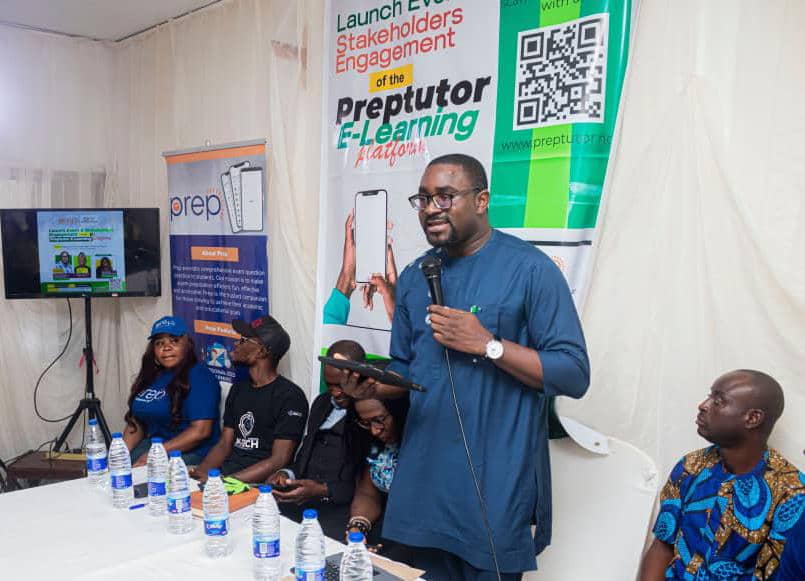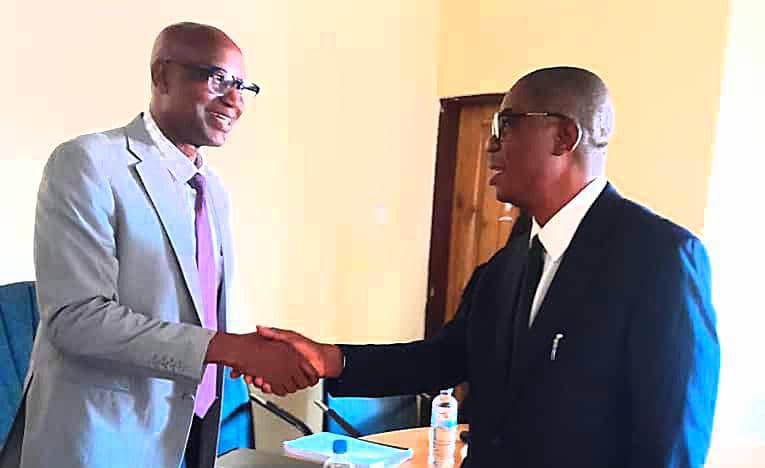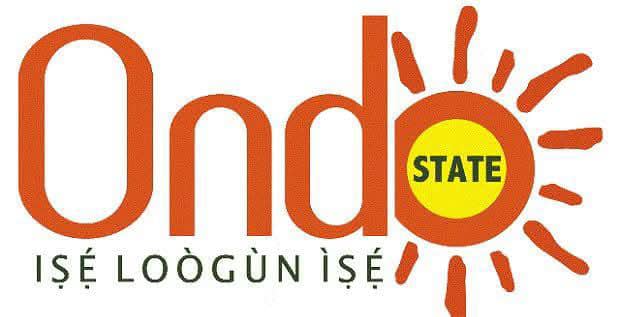By Prof Oladele Awobuluyi
In a NAN (News Agency of Nigeria) report dated 6th February 2025 and titled ‘FG seeks reversal of mother tongue policy in primary schools’ (accessible, e.g., at https://guardian.ng/features/education/fg-seeks-reversal-of-mother-tongue-policy-in-primaryschools/), the current Minister of State for Education is said to have proposed to the National Council on Education (NCE) the reversal of the current mother tongue policy in Primary Schools. In the report, the current Minister of Education, too, is said to have also proposed to NEC that Early Education, Primary Education, and Secondary School Education should all be integrated, such that pupils would now be able to complete their preuniversity education and be ready to enter the nation’s universities at the age of 16.
What the Minister of State is reported to have said, it turns out, contains only
generalisations and not a single tenable reason at all for why the mother tongue policy in Primary Schools should be reversed. In point of fact, forward-thinking has long suggested that, contrary to what the Minister of State is said to be now proposing, necessary and adequate preparations ought to be made to enable the policy to be extended much further up, even up to the postgraduate level within ten to fifteen years.
The immediate past Minister of Education wanted in late August 2024 to enforce, as it was his duty and responsibility to do, a longstanding national policy requiring students to enter universities no earlier than the age of 18. People who are able to cast their minds back to that time would recall the furore and vilification that greeted that Minister then, from a nationwide group of powerful people seeking, merely for their own economic self-interest, the teaching of English from the first day of school everywhere in the country at the complete expense of any and all Nigerian indigenous languages and also regardless of what informed speakers of such languages actually feel about their native languages.
People who remember that unbecoming incident would, therefore, now realise that the reported two new proposals to NEC by the current Minister of Education and Minister of State for Education are actually only designed to placate that particular group of people. To cure an ailment, one must first correctly diagnose it. It is completely delusional to think
that the mere teaching of English will overcome any of the problems holding the country back right now. It will definitely not do so! Proof of that is that some of our compatriots who relocate abroad often greatly excel there and make us all very proud of them.
That they excel there is not because of their command of English, but because of their individual talents together with the excellent facilities, institutions, and conducive atmosphere that they find over there. Only similar facilities, institutions, and atmosphere will ever enable us to overcome our current problems of underdevelopment in this country. And if and when such things are made fully available here at home, talented Nigerians would no longer have any need or desire to export themselves and their skill sets abroad like trade goods.
People merely learning English without also acquiring any practical and saleable skill sets may be welcome abroad as tourists, but not as economic migrants. Contrary to what some people would have us all believe, Nigeria is a country, and not a
prison yard. People within it freely and willingly associate either socially or economically. The rules that govern language use in such circumstances elsewhere in the world should also govern it here in Nigeria, as follows;
(1) Large groups of people that each have a common language shoulduse their common languages for all their individual needs including education within their own communities.
(2) Those among them wishing or having the need to live outside their native communities for whatever reasons should strictly observe the proverbial injunction of doing what Romans do when in Rome. That means that they and their children should learn the languages of their various host communities out of practical need, just as they would learn Japanese out of practical need if they were to relocate to Tokyo.
This provision thus eliminates so-called urban areas as a bogeyman deliberated created by the proprietors of profit-oriented schools. Only Abuja actually qualifies as an urban area that, by law, has no native or indigenous language of its own in the country.
(3) English, Igbo, Hausa, and Yoruba should be the languages of business in the National Assembly in Abuja as provided in the Constitution.
(4) When in any other national closed group such as the army and the police force (for now), use English supplemented by the appropriate local language.
(5) When in a group that has no common indigenous Nigerian language, use English, including Pidgin English. Thus, English would be used out of need in Nigeria, as should be the case, and not because of the false and uninformed belief that we have no indigenous languages of our own that could ever function as medium of instruction in our educational institutions.
Oladele Awobuluyi
Retired Professor of Linguistics
and former Acting Vice Chancellor Adekunle Ajasin University, Ondo State
February 9, 2025










